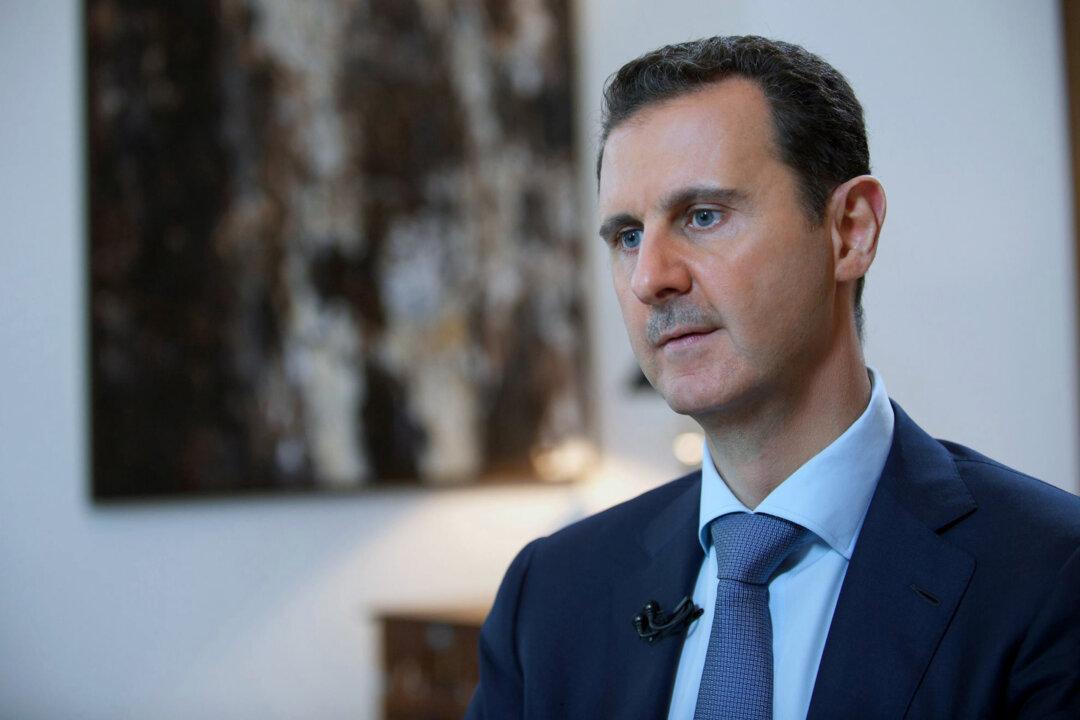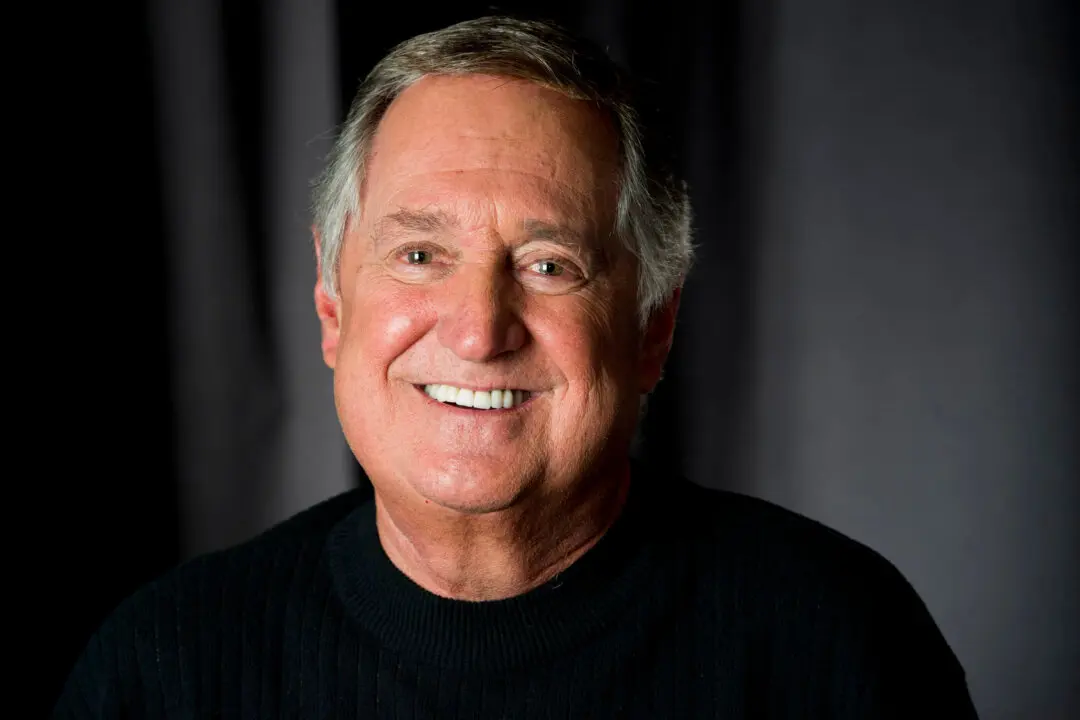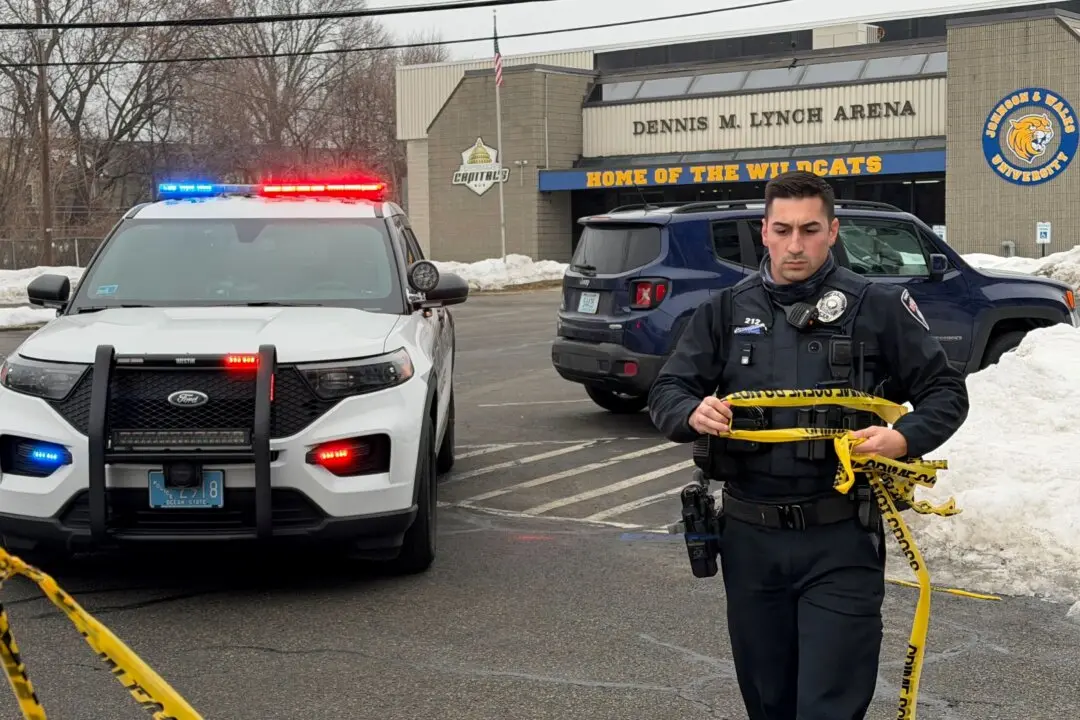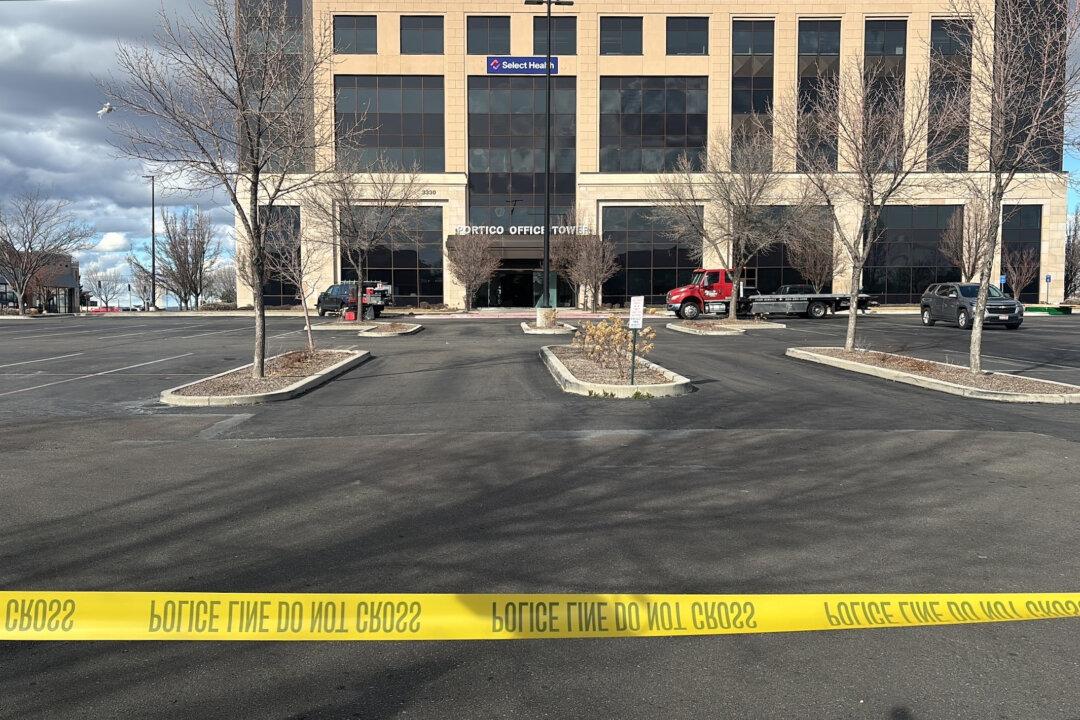BEIRUT—The Syrian president on Wednesday assured Russia’s Vladimir Putin of Damascus’ commitment to a Russia-U.S. proposed truce, even as a spokesman for a Saudi-backed alliance of Syrian opposition and rebel factions expressed “major concerns” about the ceasefire, due to begin later this week.
Salem Al Meslet, spokesman for the alliance known as the High Negotiations Committee, said his group is worried that Russia and Syrian President Bashar Assad’s forces would continue to strike at mainstream rebels under the pretext of hitting “terrorist groups” during the truce.
The agreement, engineered by the U.S. and Russia, is set to take effect at midnight Friday local time. It does not cover the Islamic State group, Syria’s al-Qaida branch known as the Nusra Front, or any other militia designated as a terrorist group by the U.N. Security Council.
On Wednesday, Assad and Putin discussed the truce agreement in a telephone call, according to the Syrian state-run news agency and a Russian official. SANA said Putin called Assad, adding that the two leaders stressed the importance of continuing to fight the Islamic State, the Nusra Front “and other terrorist organizations.”






